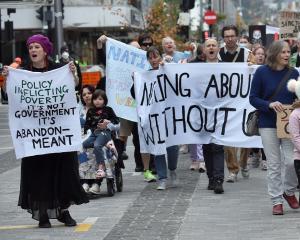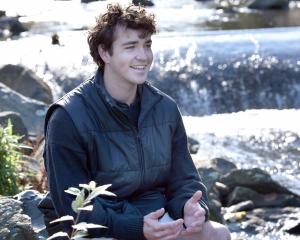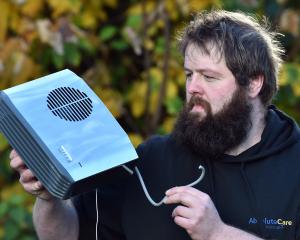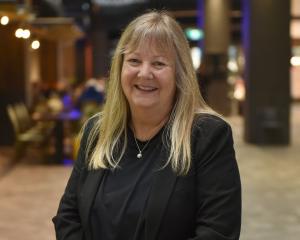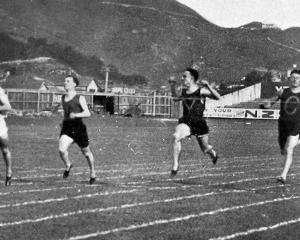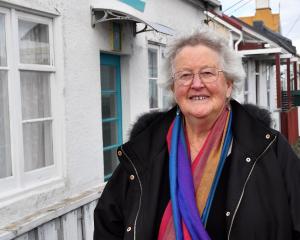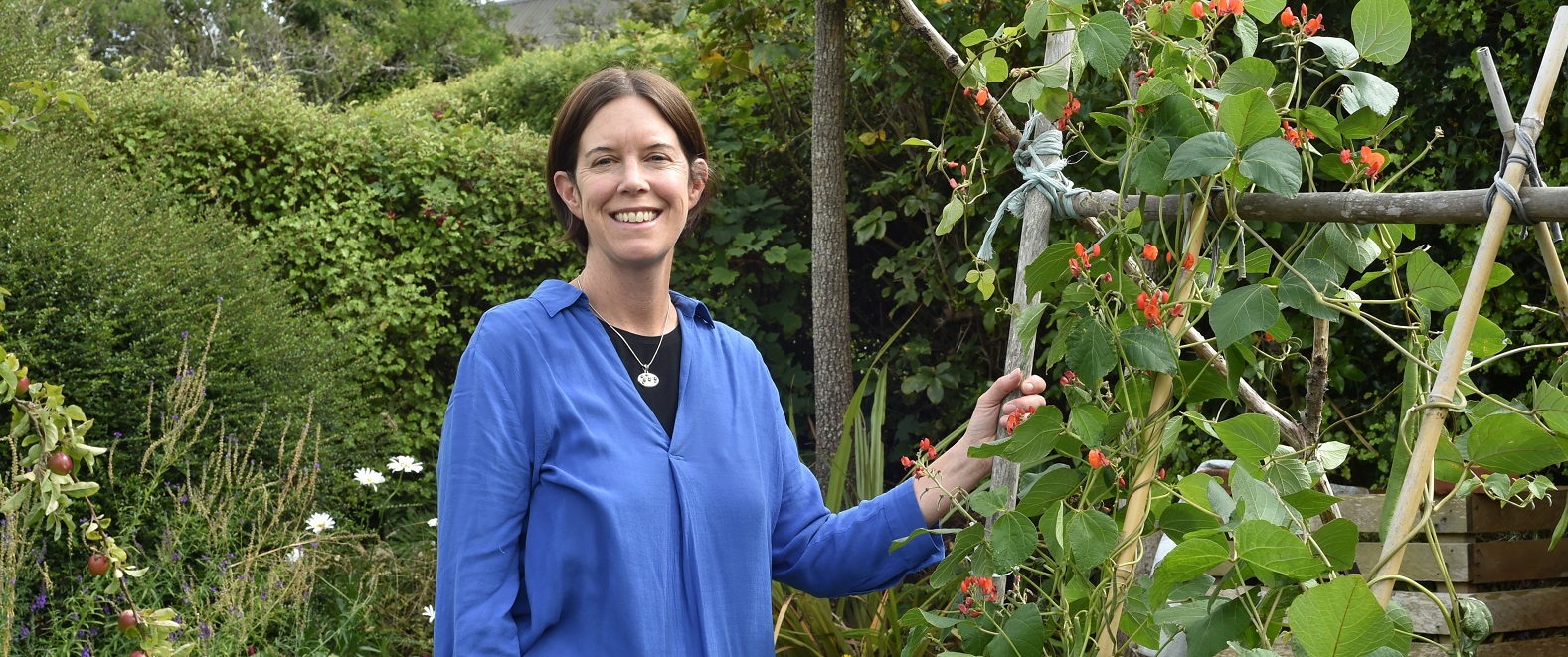
Dr Megan Kitching’s At the Point of Seeing eclipsed luminaries such as C.K. Stead and Tusiata Avia to be one of the four nominees shortlisted for the Mary and Peter Biggs Award for Poetry.
The other poets shortlisted were Grace Yee, Bill Nelson and Isla Huia .
Dr Kitching said she was still coming to terms with the accolade.
"I didn’t have any expectations so it’s still something I’m processing.
"Most of the poems were written over a three-year period, but this is my first book, so you could say it’s taken my whole life to get here."
Long fascinated by the natural world, she holds a PhD in English literature from Queen Mary University, London, looking at the influence of the natural sciences on 18th century poetry.
"A lot of my poems are influenced by that movement. I try to learn a lot about botany, ecology and geology.
"I’m not a scientist by profession, but I find it fascinating the attention they paid to nature, and the observations they made."
These poets’ interest in the environment felt "even more important and urgent" now because of the pressing issue of climate change, she said.
"Sometimes I think it’s the only thing; as a poet you don’t want to be strident, but it’s now more than ever what we should be talking about."
Her time in Dublin, Ireland a few years ago inspired her to get started on poetry.
"Poetry and poets had a particular kind of status that I had never noticed before, so that woke me up to the fact that poetry is alive and well."
The Auckland born-and-raised Dr Kitching’s move to Dunedin after many years abroad also proved fortuitous, even if she took some time to get used to the cold and the hilly nature of the city.
"I made a list of characteristics that I wanted in a city and Dunedin ticked all of the boxes for me.
"I was drawn to the place because of the university, and the surrounding environment, and the fact it’s a city of culture and literature.
"There’s a poem in the collection, Walking is Controlled Falling, which is about someone who comes from Auckland trying to walk up Dunedin on a frosty day — I really am still paranoid about doing that."
The city’s environment featured prominently in many of her poems, she said.
"The wildlife here is extraordinary — you have such a variety of seabirds, and of course the mammals such as the sea lions and fur seals.
"I love watching the albatrosses fly, I love seeing them accelerate.
"But it’s also inspiring to be surrounded by so much literature here."
Some of the poems were "carried around my head for a while and then come quickly to paper", but others took longer to finish, she said.
"I love the editing part of the process — sometimes it can take up to a week before I’m satisfied with the final result."
She also worked as an editorial assistant at Otago Polytechnic Te Pūkenga, and enjoyed "pottering around the garden" in her spare time.
"I’m distracted but happily so by the book’s success. I’ve just got so much joy out of sharing the book."
Other Dunedin authors shortlisted in the Ockham New Zealand Book Awards were Barbara Else in the General Non Fiction Award category for her memoir Laughing at the Dark; and Lauren Gutsell, Lucy Hammonds and Bridget Reweti (Ngāti Ranginui, Ngāi Te Rangi) in the Booksellers Aotearoa New Zealand Award for Illustrated Non-Fiction for Marilynn Webb: Folded in the Hills.
The 2024 Ockham New Zealand Book Awards’ winners, including the four Mātātuhi Foundation Best First Book Awards recipients, will be announced at a public ceremony on May 15 during the 2024 Auckland Writers Festival.



